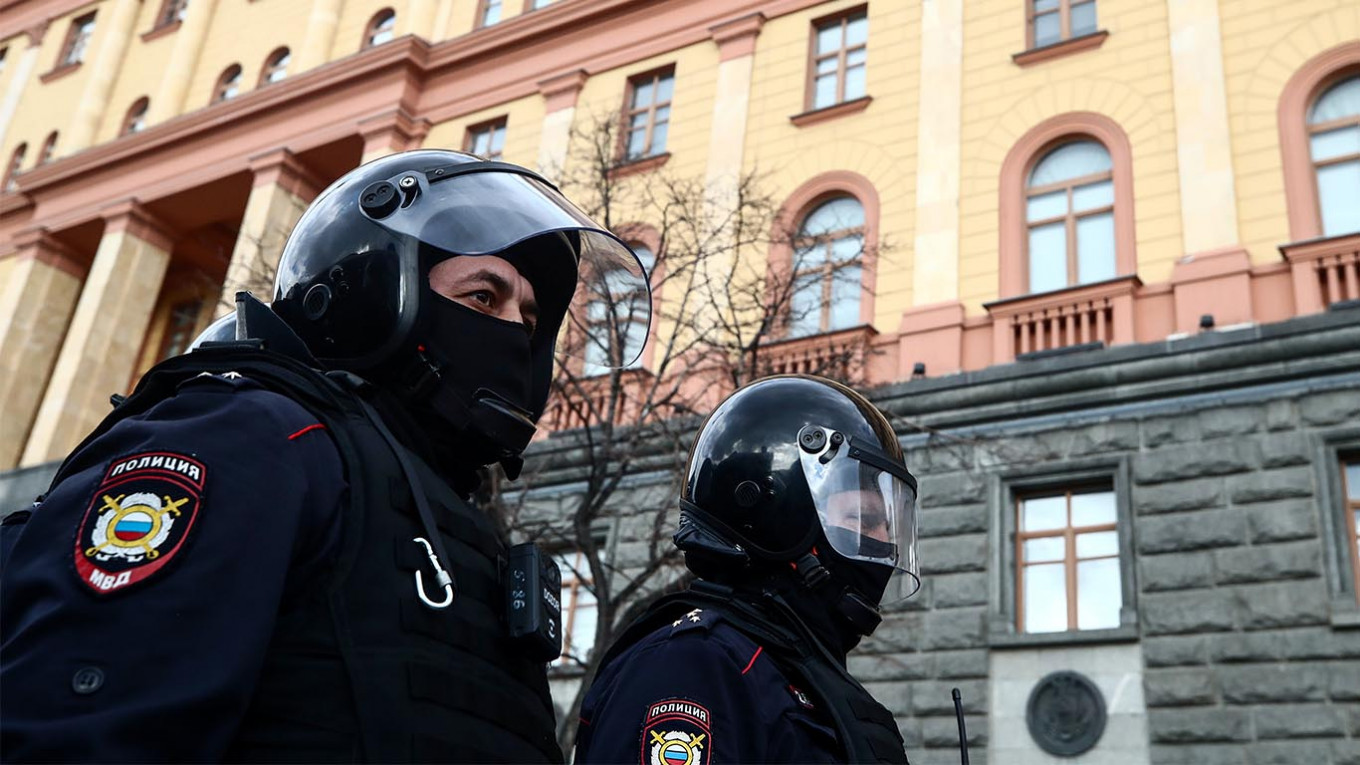On Jan. 20, 2020, Yury Chaika stepped down as Prosecutor General — a post he had held since 2006. His replacement, Ivan Krasnov, moved from being deputy head of the Investigative Committee — a body widely seen as being a key organizational competitor with the Procuracy in Russia’s complex ecosystem of law enforcement structures.
Since becoming Prosecutor General, Krasnov has tried to form his own team by replacing key personnel appointed by Chaika. That has resulted in reshuffling at the federal and regional levels.
It might be tempting to view Russian siloviki organizations — including other bodies such as the Ministry of Internal Affairs (MVD) and the Federal Security Service (FSB) — as bitter rivals, with intense corporate loyalty preventing personnel transferring between them.
And yet, this latest shakeup in the Procuracy provides a vivid demonstration of cross-agency moves, including at the very top.
An apt historical parallel might be royal intermarriage in medieval Europe. The movement of people between noble families or state organizations can build, maintain, and strengthen alliances, as well as provide channels of information to help competitors keep tabs on each other.
But the Kremlin also has its own interest in using cross-postings to keep the balance of power between different bodies.
And there is something else going on: nepotism within the Procuracy.
Keeping it in the family
In Russia, law enforcement can be a family business – quite literally. In 2019, Aleksandr Gulyagin – son of deputy Prosecutor General (until March 2020), Yury Gulyagin – was appointed Prosecutor of the Voronezh region. He replaced Nikolai Shishkin, who moved on to become a deputy Prosecutor General in the same year.
In March 2019, Shishkin took part in a motorbike festival in Voronezh organized by the club “Iron Birds,” a founding member of which is Artyom Chaika — son of Yury Chaika, and a figure covered by Alexei Navalny in his Anti-Corruption Foundation’s 2015 investigation into the Chaika family’s links with criminal business.
Another deputy Prosecutor General appointed in 2019, Dmitry Demeshin, has also been linked with Artyom Chaika. From 2012 to 2014, Demeshin was Prosecutor of Kaluga region, where Artyom happens to have a large company that he gained control over during Demeshin’s term in office. When Demeshin moved to Moscow in 2014 to take up a post in the Prosecutor General’s Office with an anti-corruption brief, he was replaced by Aleksandr Gulyagin as regional Prosecutor, who would eventually become the regional Prosecutor in Voronezh — where this convoluted circle of family relationships began.
Medvedev vs. Sechin?
But there’s yet another way of looking at high-level personnel changes in the Procuracy. While Chaika was still Prosecutor General, two of his deputies – Aleksandr Gutsan and Nikolai Vinnichenko — were pegged as candidates to replace him. Both were also classmates of Dmitry Medvedev in the Law Faculty of Leningrad State University.
By contrast, current Prosecutor General Krasnov has links — through his friendship with Ivan Tkachev, current head of the FSB’s Department “K” — with Igor Sechin, the head of Rosneft. Before taking up his current post, Tkachev headed the FSB’s Sixth Service, nicknamed “Sechin’s Special Forces.” It has been reported that the wives of Krasnov and Tkachev are related, and that their families holiday together.
Medvedev and Sechin are famously bitter rivals. One interpretation, therefore, of the latest changes in the Procuracy is that it reflects the shifting fortunes of coalitions associated with Medvedev and Sechin, to the advantage of the latter.
Given Krasnov’s ties with Tkachev, these personnel changes could more broadly be seen as a victory of the siloviki over “civilniki” (technocrats), as well as signifying increased influence of the FSB in the Prosecutor General’s Office.
Law enforcement and regime transformation
The timing of the shakeup in the Procuracy is noteworthy. With Yury Chaika’s removal as Prosecutor General coming just days after Putin’s Jan. 15 Address to the Federal Assembly — which kicked off the president’s constitutional reform process — these developments should be seen in the wider context of Russia’s regime transformation.
Maintaining control of the elite is crucial for Putin during this period of reform. And that means ensuring that the siloviki are pliant and loyal, both to protect the president’s position and to crack down on dissent. By toppling Chaika and chipping away at his patronage network, the Kremlin is demonstrating it still has the upper hand.
A Message from The Moscow Times:
Dear readers,
We are facing unprecedented challenges. Russia's Prosecutor General's Office has designated The Moscow Times as an "undesirable" organization, criminalizing our work and putting our staff at risk of prosecution. This follows our earlier unjust labeling as a "foreign agent."
These actions are direct attempts to silence independent journalism in Russia. The authorities claim our work "discredits the decisions of the Russian leadership." We see things differently: we strive to provide accurate, unbiased reporting on Russia.
We, the journalists of The Moscow Times, refuse to be silenced. But to continue our work, we need your help.
Your support, no matter how small, makes a world of difference. If you can, please support us monthly starting from just $2. It's quick to set up, and every contribution makes a significant impact.
By supporting The Moscow Times, you're defending open, independent journalism in the face of repression. Thank you for standing with us.
Remind me later.










